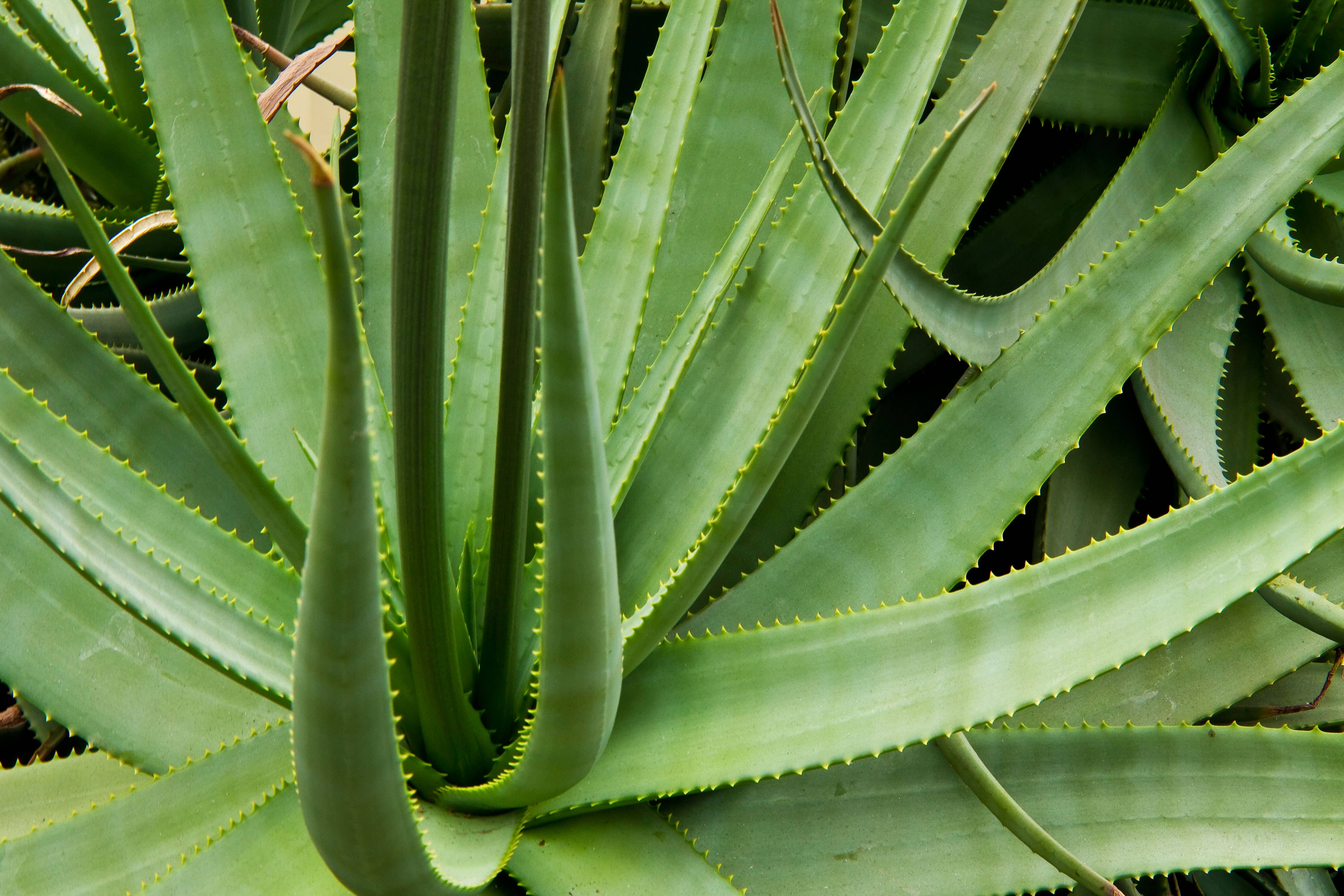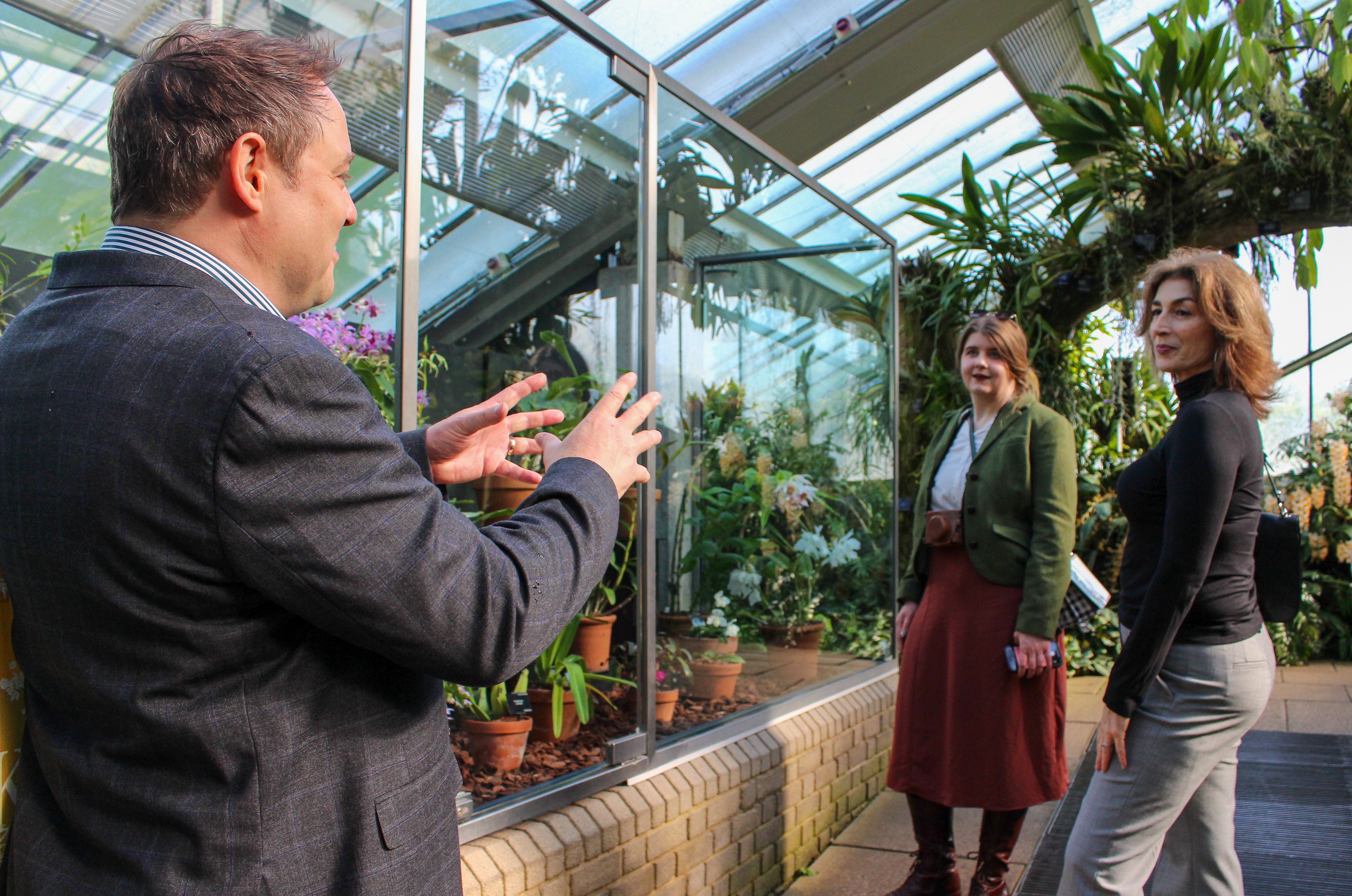Your houseplants could be fuelling organised crime
Traffic researchers found that many plants poached from the wild in South Africa end up for sale online around the world

Your support helps us to tell the story
From reproductive rights to climate change to Big Tech, The Independent is on the ground when the story is developing. Whether it's investigating the financials of Elon Musk's pro-Trump PAC or producing our latest documentary, 'The A Word', which shines a light on the American women fighting for reproductive rights, we know how important it is to parse out the facts from the messaging.
At such a critical moment in US history, we need reporters on the ground. Your donation allows us to keep sending journalists to speak to both sides of the story.
The Independent is trusted by Americans across the entire political spectrum. And unlike many other quality news outlets, we choose not to lock Americans out of our reporting and analysis with paywalls. We believe quality journalism should be available to everyone, paid for by those who can afford it.
Your support makes all the difference.Wild plants are being illegally harvested and sold online, putting species at risk and feeding organised crime, conservationists have warned.
Global demand for wild plants for homes and gardens has risen rapidly in recent years. This includes succulents – plants like cacti and aloe vera – which make good houseplants because they need relatively little care.
The organisation Traffic said consumers are increasingly turning to online platforms to find plants, searching for discounts and looking for rare specimens.
But this can fuel the trade of species native to countries like South Africa, which destroys precious ecosystems, feeds organised crime, and deprives local communities of livelihoods.
Traffic researchers found that many plants poached from the wild in South Africa end up for sale online around the world.
Since 2019, more than one million illegally harvested succulent plants have been seized by the country’s law enforcement authorities, following a dramatic rise in plant poaching to meet the growing demand, according to the organisation.
It also said illegal trade can hide in plain sight, mimicking the legal trade in cultivated specimens grown by responsible plant growers, and that many buyers are unaware of the ethical, sustainability and legal factors involved.

To tackle the issue, Traffic and the Royal Botanic Gardens, Kew are working to engage e-commerce platforms.
EBay is helping the organisations develop a blueprint for its own and other platforms to strengthen online trading policies for the sale of plants and prevent illegal sales.
Supported by the UK Government through the Illegal Wildlife Trade Challenge Fund, the collaboration aims to improve the online trading landscape for the benefit of plants and buyers.
Traffic project manager Dominique Prinsloo said: “We really welcome this partnership with eBay, which is a critical first step in this exciting collaboration between conservation and e-commerce to protect the existence of many of these plants in the wild, the landscapes in which they grow, and the millions of people who live in communities where these plants have thrived for thousands of years.
“To tackle the complex poaching and trade issues of today, we need to work collaboratively to address legislation, policies and detection around the online plant trade.”

David Whitehead, project lead at Kew, said: “Preventing the online sale of illegally harvested plants, while also supporting legal trade from responsible plant producers, poses both technical and regulatory challenges.
“We really appreciate eBay’s support in seeking ways to improve the transparency of online trade in succulent plant species, which can play a crucial role in helping to protect their wild populations, while also benefiting responsible buyers and vendors by allowing sustainable alternatives to thrive.”
It comes as eBay continues work to prevent illegal wildlife trade on the platform, saying it blocked or removed 500,000 items that violated its wildlife policies in 2023.
Through its engagement with Traffic and Kew, the firm said at-risk wild plant species will be added to its list of endangered species banned from the platform.
Kew has also been using a web-crawling algorithm called FloraGuard as a tool to monitor the online trade in wildlife products.
This has helped to identify online adverts which offer these species for sale and to detect patterns in trade to inform conservation or trade policy actions, it said.